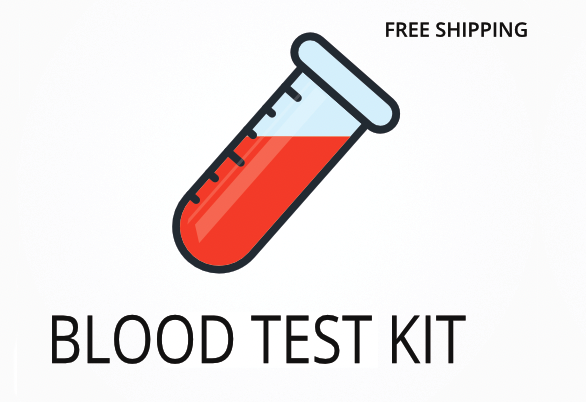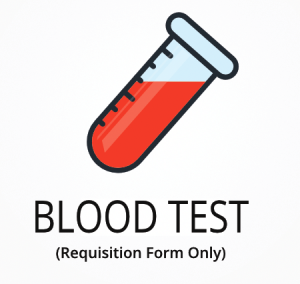What is the Babesia Immunoblot IgG and IgM Test?
The Babesia Immunoblot IgG and IgM test is a specialized blood test that detects antibodies (IgG and IgM) against Babesia, a microscopic parasite that infects red blood cells. This test is crucial for diagnosing babesiosis, a tick-borne illness often co-infected with Lyme disease.
Importance in Medicine and Functional Medicine
In medicine, this test is vital for detecting babesiosis early, as untreated cases may lead to severe complications. Functional medicine practitioners value this test for its role in identifying underlying infections that may contribute to chronic symptoms and conditions, such as persistent fatigue and immune dysfunction. It is also crucial to contact your primary doctor if you are experiencing these chronic symptoms and conditions.
Why Consider Ordering the Babesia Immunoblot IgG and IgM Test?
If you have been exposed to tick bites, have symptoms of Lyme disease, or are experiencing unexplained chronic symptoms, ordering this test may provide crucial insights. Early detection allows for timely treatment, improving recovery outcomes and overall health.
Labs Included in Your Order
| Test Name | Reference Ranges | High and Low Levels |
|---|---|---|
| Babesia IgG |
|
High: High levels may indicate a past or chronic infection.
Low: Low levels may suggest no past exposure or infection. |
| Babesia IgM |
|
High: High levels may indicate an active or recent infection.
Low: Low levels may suggest no recent infection. |
Babesia Immunoblot IgG and IgM FAQ
What is the Babesia Immunoblot IgG and IgM Test for?
This test is used to detect antibodies against Babesia parasites, which may cause the tick-borne illness babesiosis. It may help diagnose both current and past infections.
What do low and high levels mean?
High levels of Babesia IgG may indicate a past or chronic infection, while high levels of IgM may indicate a recent or active infection. Low levels of IgG or IgM may suggest no past or recent infection.
What are the signs and symptoms of babesiosis?
Symptoms of babesiosis include fever, chills, sweats, headache, body aches, loss of appetite, nausea, and fatigue. Severe cases can cause hemolytic anemia, leading to jaundice and dark urine. Consult with your healthcare provider immediately if you are experiencing these symptoms and conditions.
How often should I retest?
Retesting frequency depends on your symptoms and exposure risk. Consult with your healthcare provider to determine the best schedule for you.
How accurate is the test?
This test is highly accurate, especially when used in conjunction with clinical evaluation and other diagnostic tests.
Are test results private and confidential?
Receive test results securely on TrueHealthLabs.com under ‘My Account.’ It’s critical that you share them with your physician. Results may be disclosed to health authorities only if legally mandated, e.g., for STDs or COVID-19. Review our privacy policy for more details.
Medical Review Board
Reviewed by Jeff Donohue M.D. from Body Logic and Brady Hurst DC, CCCN. Written by True Health Lab’s team of editorial health contributors.
Disclaimer: This information is for educational purposes only and not intended as medical advice. Consult your healthcare provider for personalized guidance.
Why Customers Trust True Health Labs – What People are saying
Also rated 4.6 out of 5 based on 3452 ShopperApproved reviews- See all TrueHealthLabs.com reviews.









